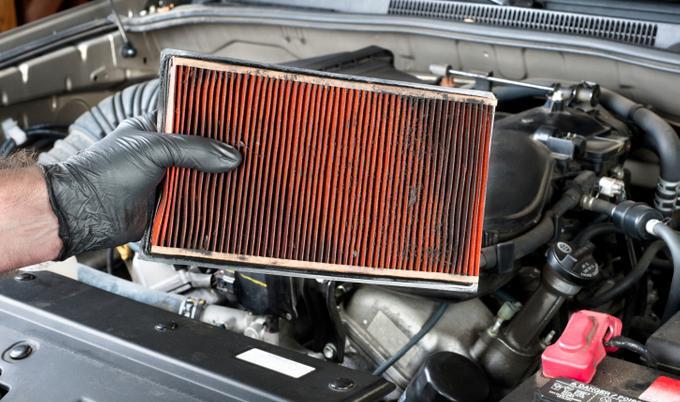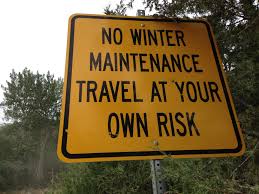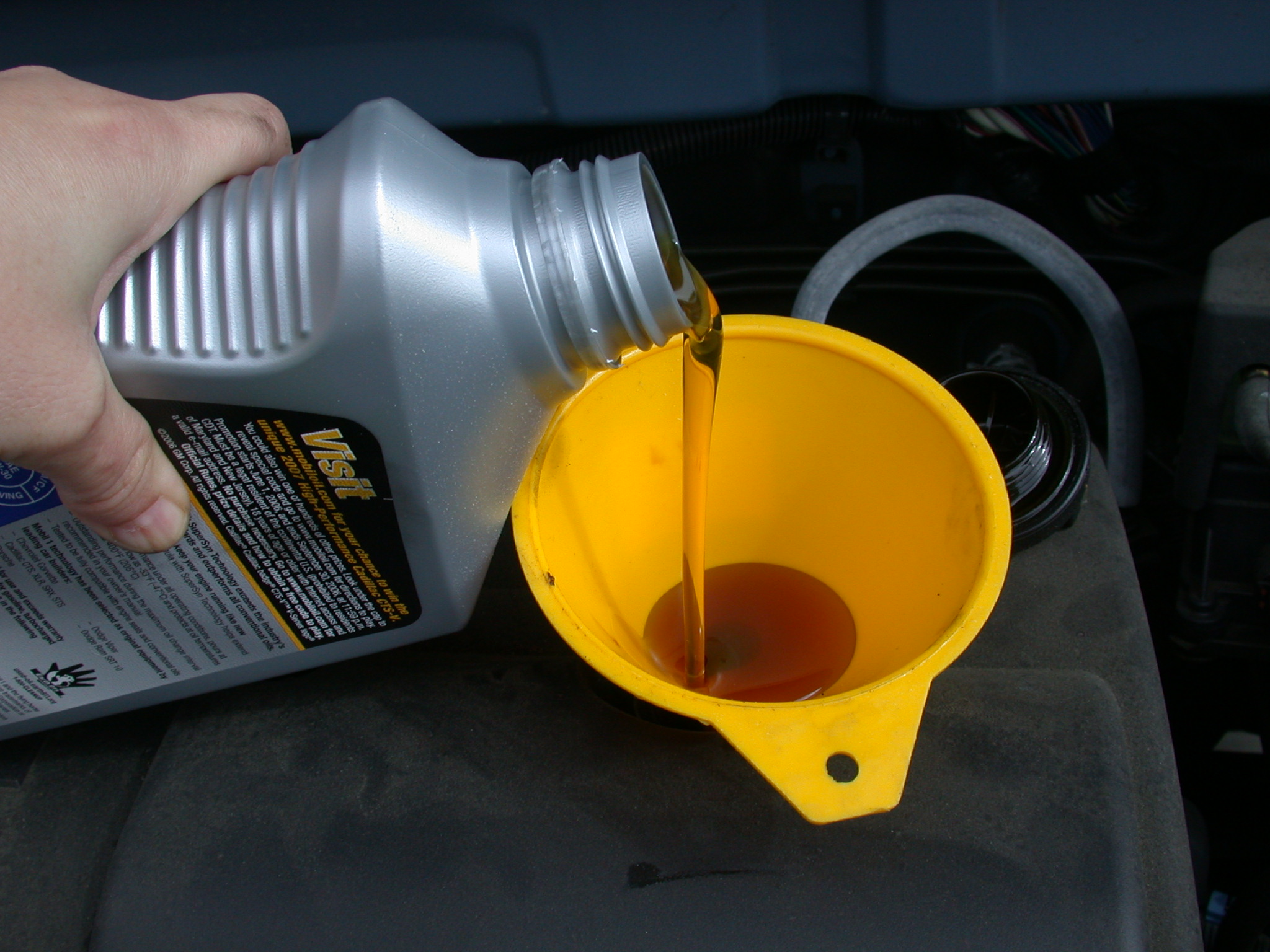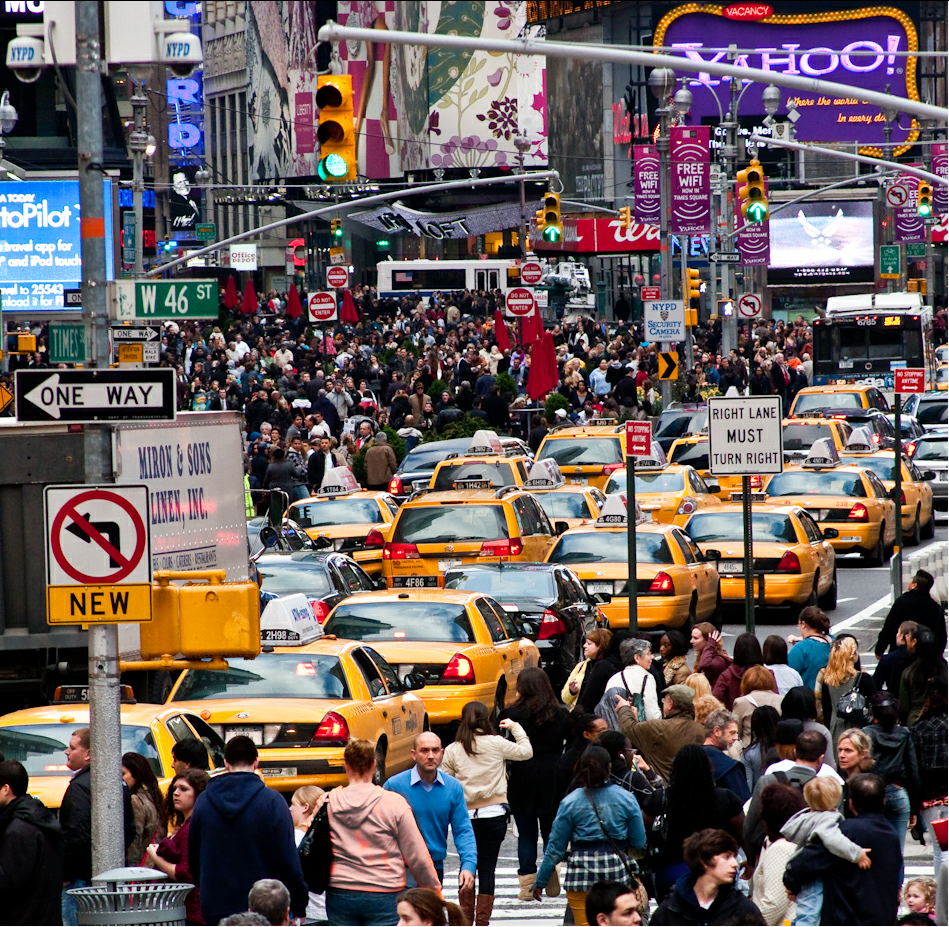Posted on 6/23/2025

Changing your air filter every 18 months is crucial for maintaining the health and efficiency of your HVAC system and vehicle engine. Don’t believe us? Here is Fram, a major air filter manufacturer and their recommendations. While the exact frequency can vary depending on usage and environmental factors, an 18-month interval serves as a reasonable benchmark for many situations. Improved Air Quality and Health Air filters trap dust, pollen, pet dander, and other airborne pollutants. Over time, these filters become clogged, reducing their ability to clean the air inside your home or vehicle. Regular replacement ensures that the air circulating is cleaner, reducing allergens and improving overall indoor air quality, which is especially important for individuals with allergies or respiratory issues. Energy Efficiency and Cost Savings A clogged air filter restricts airfl ... read more
Posted on 11/13/2017

Winter is almost here and with it comes cold, wet, and snow that can make driving a challenge. Here at 106 St Tire & Wheel, we want to make sure your vehicle is ready for any challenge winter may throw at it. Auto Maintenance Check List Believe it or not, there are several routine maintenances that you should have done to your vehicle before winter hits full force. Check Fluids- wiper fluid, coolant, and engine oil should all be serviced. Proper lubrication is just as important in cold weather as any other time of year. Wiper Blades- Install new wiper blades if needed to increase your visibility in wet driving conditions. Check Battery- Due to lower temperatures, older batteries can actually go out during the first cold days of the season. Have your battery checked or replaced to ensure you don't end up on the side of the road. Check Tire Pressure- proper inflation will ensure you have good traction on the road and also help with low-pressure signals the ... read more
Posted on 11/19/2016

For years, conventional mineral-based motor oil was a driver’s only option. Repair shops and quick-change pushed the “3,000 mile rule” for oil change intervals, in order to keep an engine’s internal assemblies clean of carbon and sludge deposits. Today’s conventional oil formulations feature detergents, friction modifiers, dispersants and other additives that can allow a 5,000 mile interval for oil changes with no compromise in engine protection. Older engines (past the 100,000 mile mark) tend to show a bit of wear, with looser internal clearances between moving parts. For these engines, a synthetic blend oil may be a better choice. Synthetic blend contains seal swell additives that can expand gaskets and other seals that may have dried out and shrank, helping to deter leaks. For overall engine protection, though, the jury is in. After years of testing and real-world experience, it’s been shown beyond doubt that full synthetic motor oil does a superior job of engine protection. Sy ... read more
Posted on 9/19/2016
Oil ChangeWhy You Can't Just Avoid Getting an Oil Change (Part 1) If the engine is the heart of the car, then oil is its lifeblood. Both of them go hand in hand and when driving. For safety purposes, it is important to carry oil change as per the manufacturer's instructions. When the time comes for an oil change, it is critical to get the filter changed because it may harbor some contaminated oil that can harm your engine. Consider the Manufacturer's ManualWe have covered why New York City driving conditions are rated as “severe.” Severe conditions may include excessive short trips of less than five miles, loading the vehicle to maximum levels, driving on rough roads or dusty conditions, excessive idle times among a host of other reasons. The oil change recommendation may vary depending on the make of your car, th ... read more
Posted on 3/31/2016

NYC, we got them and we got them bad! Severe road conditions that is. We all know when the National Weather Service says there is a severe weather warning, we need to take precautions. Our blog has pointed out many times during this last year the fact that in the NYC area we always drive under "severe road and traffic conditions" and we have spoken about many factors contributing to dangerous, over used, never maintained roads, traffic, stop and go driving, sudden breaking due to highways seemingly converging traffic and drivers going from doing 55 mph to 10 mph for miles and miles, etc. Nowhere in the USA except other major metropolises like Los Angeles, Chicago, Atlanta, etc, do we find the scope and dimension of what we all know is dangerous roads, extensive drive time and gas consuming, etc which place tremendous burdens on our vehicles and on our nerves. Of course, weather always factors in making severe driving conditions and severe road factors nearly impossible and ... read more